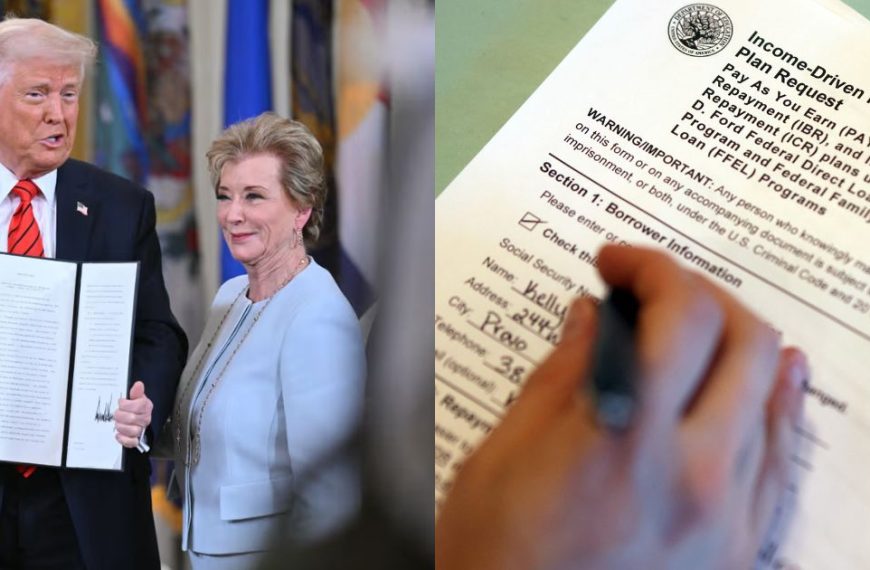Two former employees of Meta have alleged that the company failed to protect minors from harmful experiences inside its virtual reality platforms even going so far as to block research and delete evidence related to child safety
In sworn testimony before the Senate Judiciary Subcommittee on Privacy Technology and the Law on Tuesday former Meta researchers Jason Sattizahn and Cayce Savage said they observe disturbing incidents where children were exposed to explicit adult content including nudity sexual harasment and live acts of mastrbation
Whistleblowers Say Meta Ignored Warnings
Both Sattzahn and Savage specialized in researching the welfare of underage users in Meta’s VR spaces They claimed the company dismissed their findings prevented further studies and in at least one case removed evidence of a child being sexually harassed
“Meta is aware that children are being harmed in VR Savage testified, adding that bullying, sexual assault, solicitations for explicit photos, exposure to pornography, and even participation in virtual strip clubs are not uncomon for minors in these enviroments
Savage, who left the company in 2023, said she wanted to gather data on how widespread these problems were, but Meta refused to let her conduct the research
Sattizahn added that in some VR sessions, adults engaged in sexual acts within audio range of minors. You can hear people sexually pleasuring themslves, transmitted in a spatial sense, as children are surrounded and harassed,” he said According to him, he was fired in 2022 after repeatedly raising concerns about research restrictions
Meta Pushes Back Against Allegations
Meta disputed the testimony, calling it misleading. Company spokesperson Andy Stone said the claims were “nonsense” and based on selective leaks of internal documents designed to create a false narrative. He insisted that there was no blanket ban on studying youth safety and pointed out that Meta has conducted dozens of studies on children and social issues since 2022.
A Bigger Debate Over the Metaverse
Meta, rebranded from Facebook in 2021 as part of Mark Zuckerberg’s vision for the metaverse, has invested billions into VR technology including headsets, glasses, and immersive software. The company’s 2014 acquisition of Oculus for $2 billion marked the beginning of this massive push into virtual reality
But concerns have followed Experts and watchdog groups have repeatedly documented risks of abuse, sexual content, racism, and other harmful interactions that children encounter in VR. Lawmakers state attorneys general and advocacy groups are now demanding greater oversight and accountability from Meta
For critics, the testimony of Sattizahn and Savage adds to years of questions about how Zuckerberg’s company handles the safety of minors across its platforms, including Facebook, Instagram, and now its virtual reality products
















